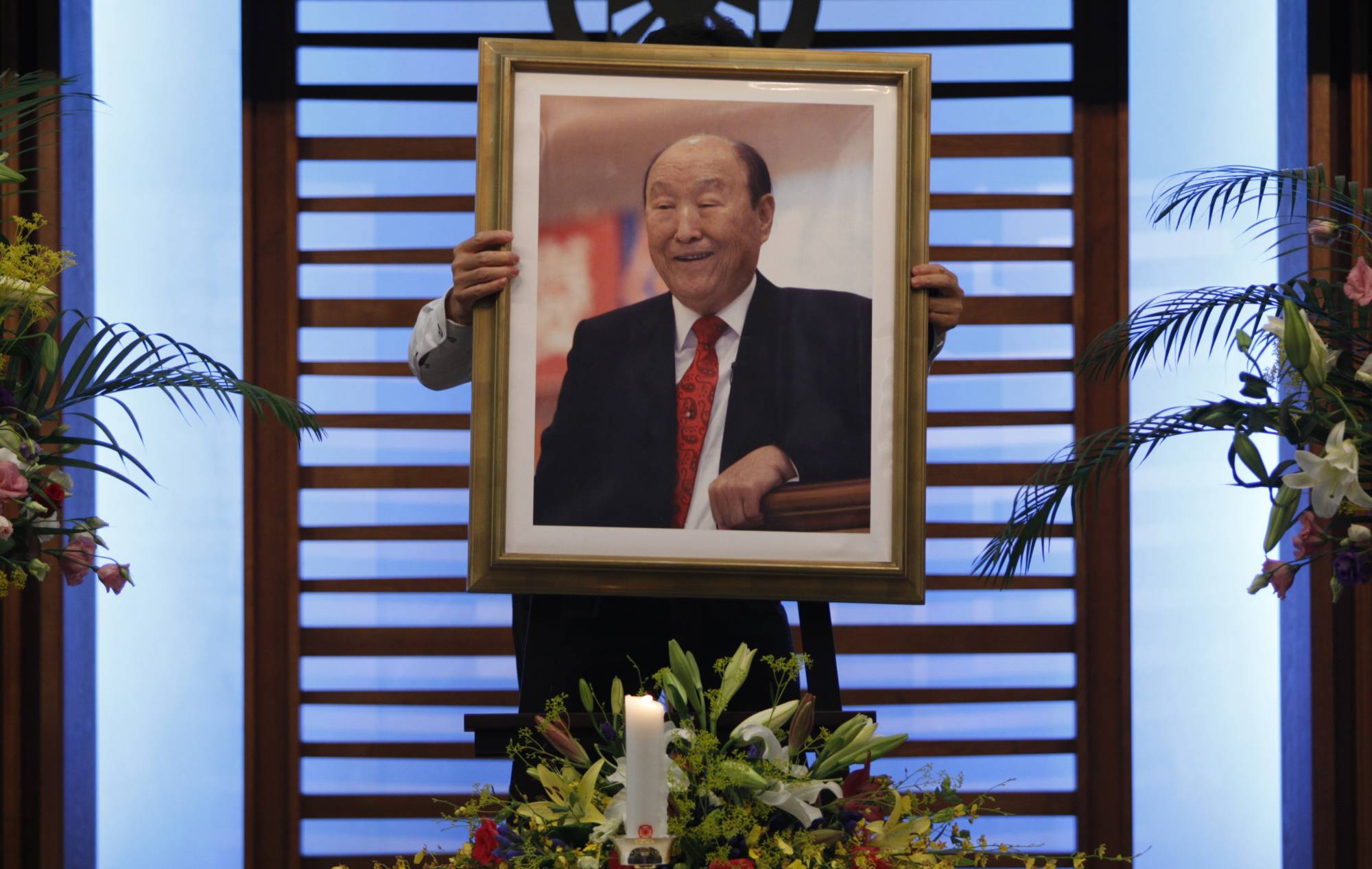In the wake of Shinzo Abe’s assassination last month, which the suspect claims was motivated by the former prime minister’s connection to the Unification Church, the relationship between Japanese politics and religion has come under increasing scrutiny — with experts suggesting that it is both widespread and pervasive.
On July 21, opposition parties led by the Japanese Communist Party began a probe into ties between the Unification Church and the nation’s lawmakers, including those from the ruling Liberal Democratic Party.
Examples have already begun to emerge: Nobuo Kishi, the defense minister and Abe’s younger brother, said last week that he had received help from Unification Church volunteers during elections, joining a list of other high-profile names within the LDP to admit to varying degrees of involvement with the organization.



















With your current subscription plan you can comment on stories. However, before writing your first comment, please create a display name in the Profile section of your subscriber account page.